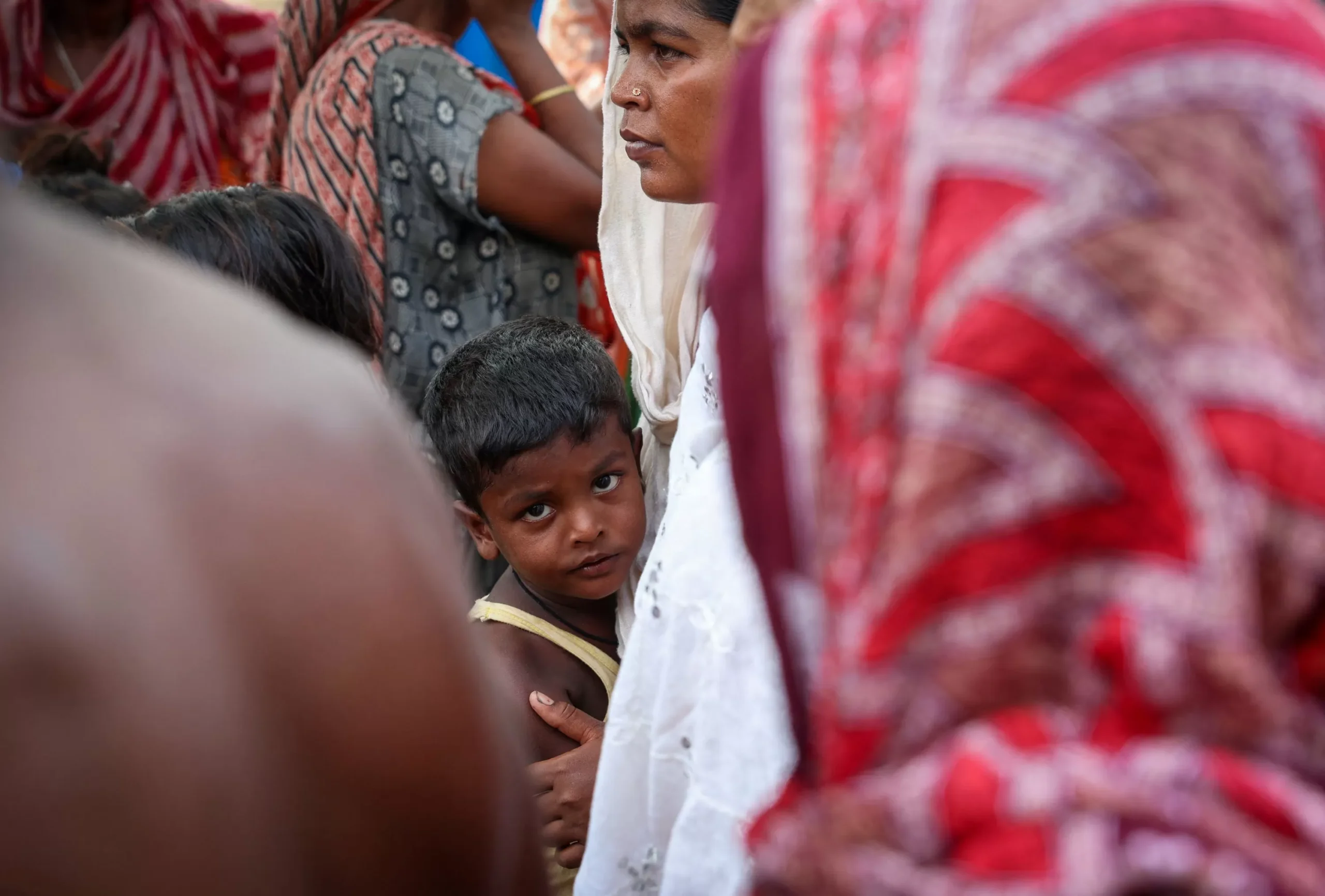Hundreds of Muslim families in India’s northeastern Assam state are facing a dire situation as they have been forced to leave their homes and take shelter in makeshift tents. This unfortunate situation has arisen due to a pre-election crackdown by the government, leaving these families displaced and vulnerable.
The state of Assam, located near the border of Bangladesh, has been facing a long-standing issue of illegal immigration. In an effort to address this issue, the government has initiated a process of updating the National Register of Citizens (NRC) in Assam. This process aims to identify and exclude illegal immigrants from the state, in accordance with the Assam Accord of 1985.
However, the implementation of this process has led to the eviction of many families, mostly Muslims, who have been living in Assam for generations. These families have been declared as “foreigners” and have been asked to prove their citizenship by providing documents dating back to before 1971. This has caused great distress and fear among the affected families, as many of them do not possess such documents.
As a result, hundreds of families have been left homeless and are now living in makeshift tents, with no access to basic amenities such as clean water and sanitation facilities. The situation is particularly dire for women, children, and the elderly, who are the most vulnerable in such circumstances.
The government has assured that no one will be rendered stateless and that those who are unable to provide the necessary documents will be given a fair chance to prove their citizenship. However, the process has been marred by delays and technical glitches, causing further anxiety and uncertainty among the affected families.
The situation has been further exacerbated by the upcoming state elections in Assam. The fear of being labeled as “foreigners” and the uncertainty of their future has led many families to flee their homes and take shelter in neighboring states. This has not only disrupted their lives but has also created a humanitarian crisis in the region.
In the midst of this turmoil, it is heartening to see the efforts of various organizations and individuals who have come forward to provide aid and support to the affected families. Many NGOs and volunteers have set up relief camps and are providing food, clothing, and medical assistance to those in need. The local community has also shown great solidarity and has opened their doors to provide shelter to the displaced families.
The government must also step up and take immediate action to address the plight of these families. It is the responsibility of the state to ensure the safety and well-being of all its citizens, regardless of their religion or ethnicity. The affected families must be given a fair chance to prove their citizenship and should not be subjected to any form of discrimination.
Moreover, it is crucial for the government to ensure that the NRC process is carried out in a fair and transparent manner, without causing any harm to innocent families. The authorities must also provide necessary assistance to those who are unable to provide the required documents, instead of labeling them as “foreigners” and evicting them from their homes.
In conclusion, the current situation in Assam is a cause for concern and requires immediate attention. It is heart-warming to see the support and solidarity shown by various individuals and organizations towards the affected families. It is now the responsibility of the government to take swift and effective action to address this issue and provide relief to the displaced families. Let us hope that the affected families are able to return to their homes soon and live with dignity and peace.






![Complete BritRail Pass Guide [Types, How to Use It, Pros + Cons]](https://inside-news.uk/wp-content/uploads/2025/06/00221EB4-BCA2-4DBB-6CD4-83DBC37D71FA-120x86.webp)















